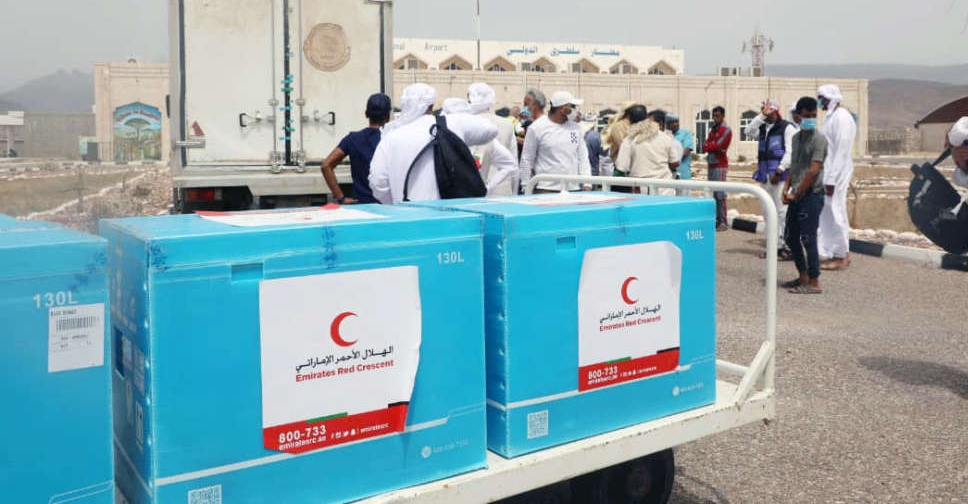
The UAE has implemented relief and development projects worth $110 million (over AED 404 million) in Yemen's Socotra Governorate since 2015.
The initiatives have helped the archipelago overcome dire humanitarian conditions and improved people's livelihood.
They cover vital sectors like health, transport and storage, education, fishing, construction, energy and water.
The projects were executed by UAE organisations including the Emirates Red Crescent (ERC), the Khalifa bin Zayed Al Nahyan Foundation, the Sheikh Sultan bin Khalifa Al Nahyan Humanitarian and Scientific Foundation, the Abu Dhabi Fund for Development (ADFD) and the Abu Dhabi Waste Management Centre.
UAE’s US$110 mn development, relief aid enabled Socotra to overcome challenges, dire conditions.#WamNews https://t.co/ynxCsXSGDh pic.twitter.com/bSnQTaGORi
— WAM English (@WAMNEWS_ENG) July 31, 2021
Airport- The UAE’s aid helped restore Socotra’s airport. This support included improvements to the airport’s lighting, maintaining its nine-kilometre fence, and constructing two VIP halls and separate halls for luggage inspection.
Moreover, the UAE assisted in the restoration of a 90-kilometre long pier and increasing the draft to a depth of four and a half meters to receive larges vessels. A number of solar power stations were also built.
Health sector- The UAE has has been supporting and operating hospitals and medical centres, providing equipment and ambulances, establishing a fully equipped emergency facility and two surgery rooms, and donating 13 beds and an ICU unit, in line with international standards, as well as expanding the Sheikh Khalifa Hospital and increasing its bed capacity to 42, adding four beds to the ICU unit.
A hemodialysis unit comprising five washing machines was added, while 16 CT scan machines were also installed.
Energy sector- The UAE established four power plants, installed power generators in remote villages, created a distribution network for more than 30 sites, installed solar-powered street lighting, and established two solar power plants, one in Hadibo with a capacity of 2.2 megawatts and another in Qalansiya with a capacity of 800 kilowatts.
It also built water tank sterilisation stations, drilled 48 artesian wells, and constructed pumps to extract water using solar energy.
Infrastructure- The UAE’s development projects helped strengthen the island’s development process. Under this framework, the Abu Dhabi Development Fund (ADFD) supported the island through several projects covering rebuilding major roads and potable water stations and financing solar power plants.
The Sheikh Khalifa bin Zayed Al Nahyan Foundation supported the governorate’s authority by establishing a new financial and administrative system and provided its Public Health Office with basic supplies and equipment.
An information and statistics unit was also established to improve financial and administrative control.
The UAE also supported the island’s Fishing Cooperative Union and 27 fishermen’s associations, as well as established anchoring areas, constructed relevant facilities, and restored eight buildings, including a fish market, as well as a fish factory with a production capacity of 500 tonnes per month that employs 500 local people while donating 30 fishing boats, 10 refrigerators and 13 insulators for transporting fish.
In addition, the UAE supported the island’s public transport and maritime transport sector by donating four school transport buses and hiring 15 buses to transport students in the desert.
Education sector- The UAE offered university scholarships to 80 local students to study in Egypt, as well as 40 to UAE University.
It also launched various educational projects, including the restoration of local schools and building new classes, and inauguration of the Socotra Institute for Consultancy and Training.
Moreover, the UAE has provided the education sector in Socotra with teachers from abroad, hired some 440 local teachers, brought 17 teachers from Egypt, organised support classes for high school students, and inaugurated Ataya School and two laboratories.
It also printed 227,000 text books. The UAE also established the Socotra University and opened two colleges.
Humanitarian relief- UAE humanitarian organisations supported the island by distributing various relief supplies to those affected by the dire humanitarian situation, as well as by rescuing victims of cyclones, "Makunu" and "Shapla," and building 161 residential units in Zayed City, 21 in Dafarh, 51 in Arshani, and other units in Zaheq and Dixam. Financial and food assistance were given to needy cases.
Social affairs- The UAE has supported local Ramadan Iftar projects for many years and restored mosques and provided them with power and water. Under the same framework, it enabled young people wishing to get married by organising and financing four group weddings.
It also provided financial aid to retirees and supported nearly 1,500 families, in addition to organising cultural, heritage and sporting events, including the Socotra Poetry Festival, the corniche marathon, the ironman and the camel race.
The UAE has supported projects for families and family and women’s associations, by providing sewing machines, holding workshops for girls and enabling them to participate in heritage festivals in the UAE, establishing a childhood and motherhood centre, and training farmers, especially palm tree farmers.
It also constructed a slaughterhouse and date factory with 1200 tonne capacity a year on the island and supported small and medium-sized enterprises. Farms spanning 31 hectares were established and farmers were trained.




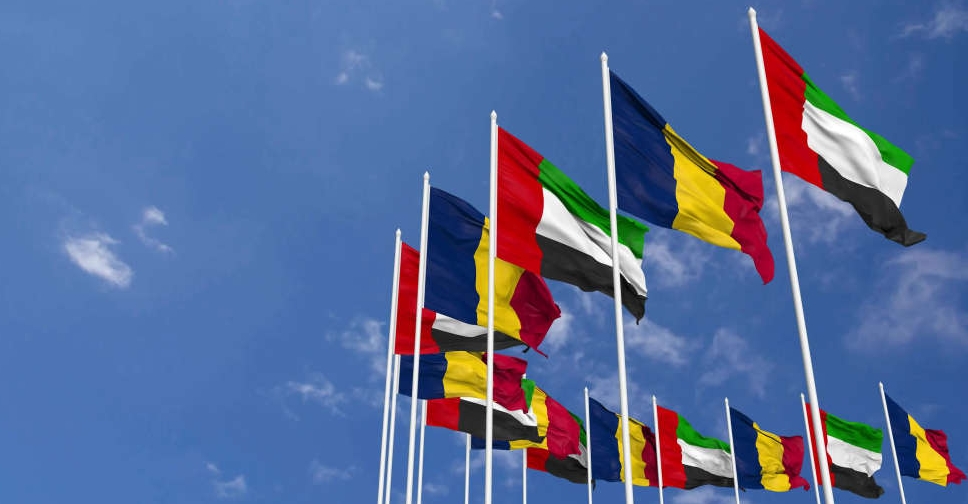 UAE to build mosque and cultural centre in Chad
UAE to build mosque and cultural centre in Chad
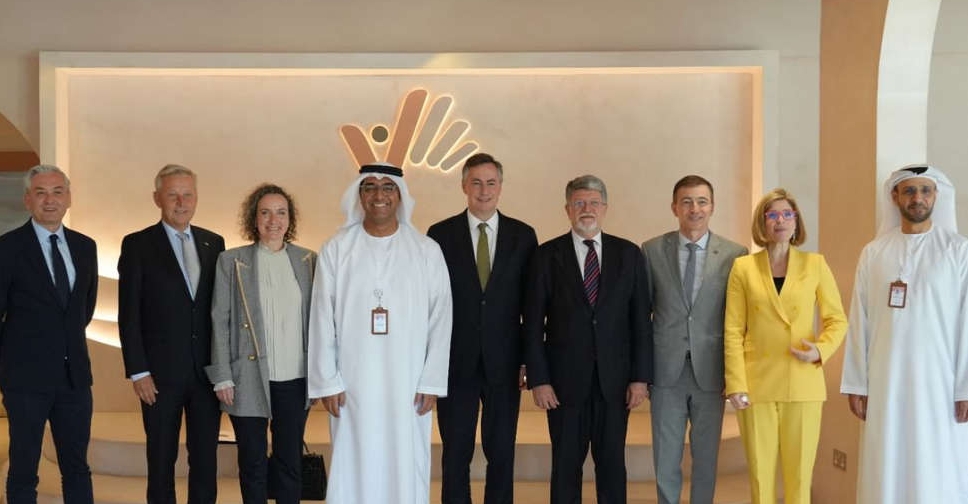 UAE human rights body receives European Parliament delegation
UAE human rights body receives European Parliament delegation
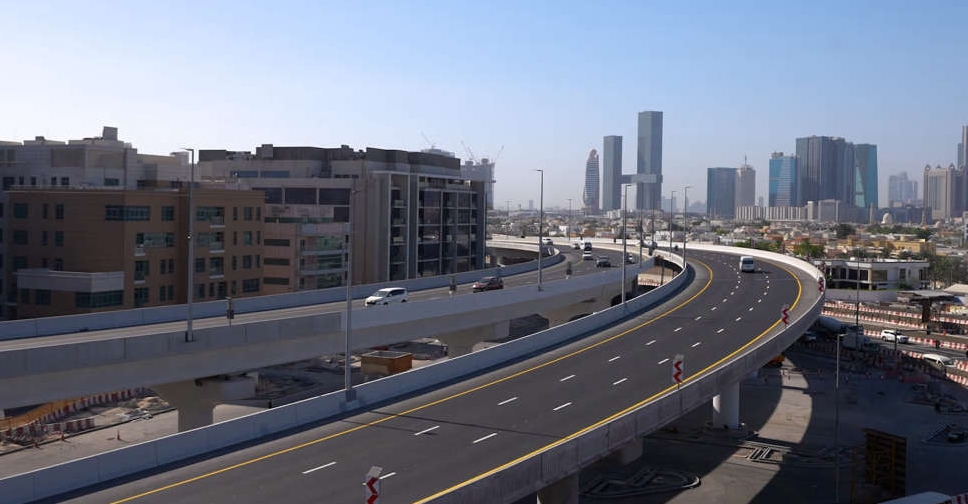 RTA opens new bridge to cut travel time by 67%
RTA opens new bridge to cut travel time by 67%
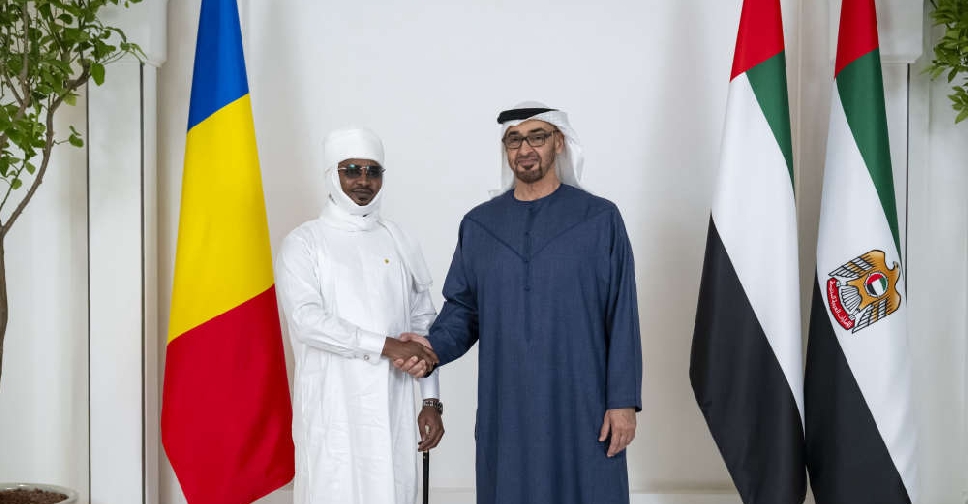 UAE, Chad Presidents discuss closer cooperation
UAE, Chad Presidents discuss closer cooperation
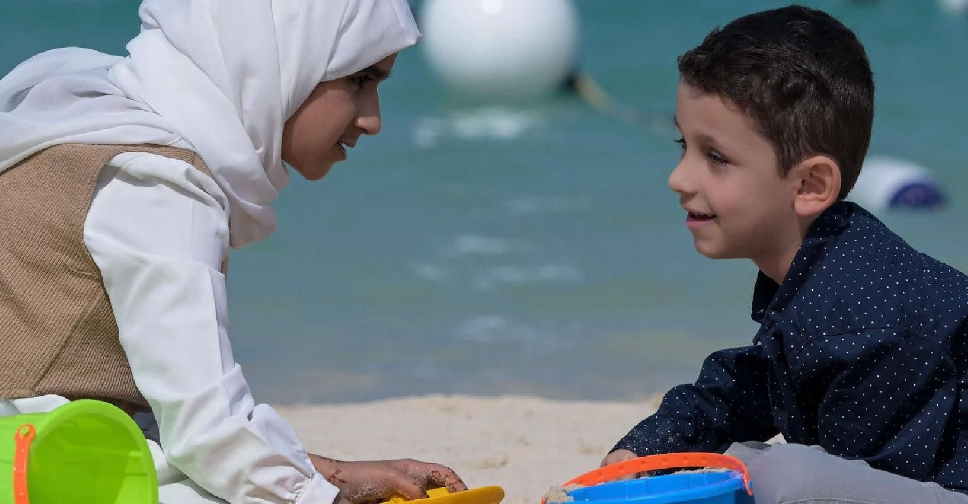 Abu Dhabi opens dedicated beach for visually impaired
Abu Dhabi opens dedicated beach for visually impaired






